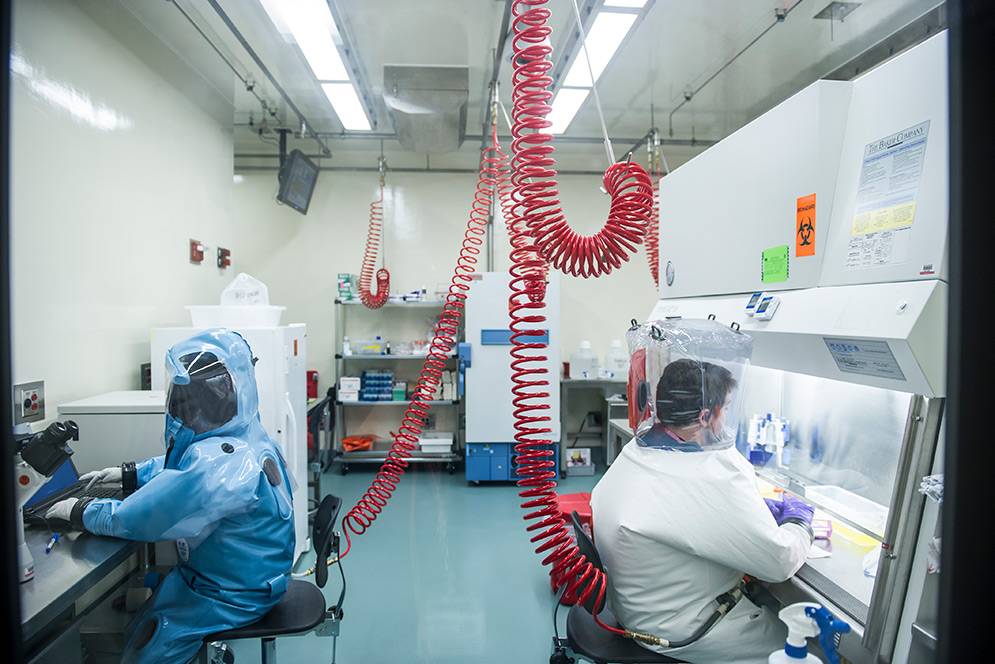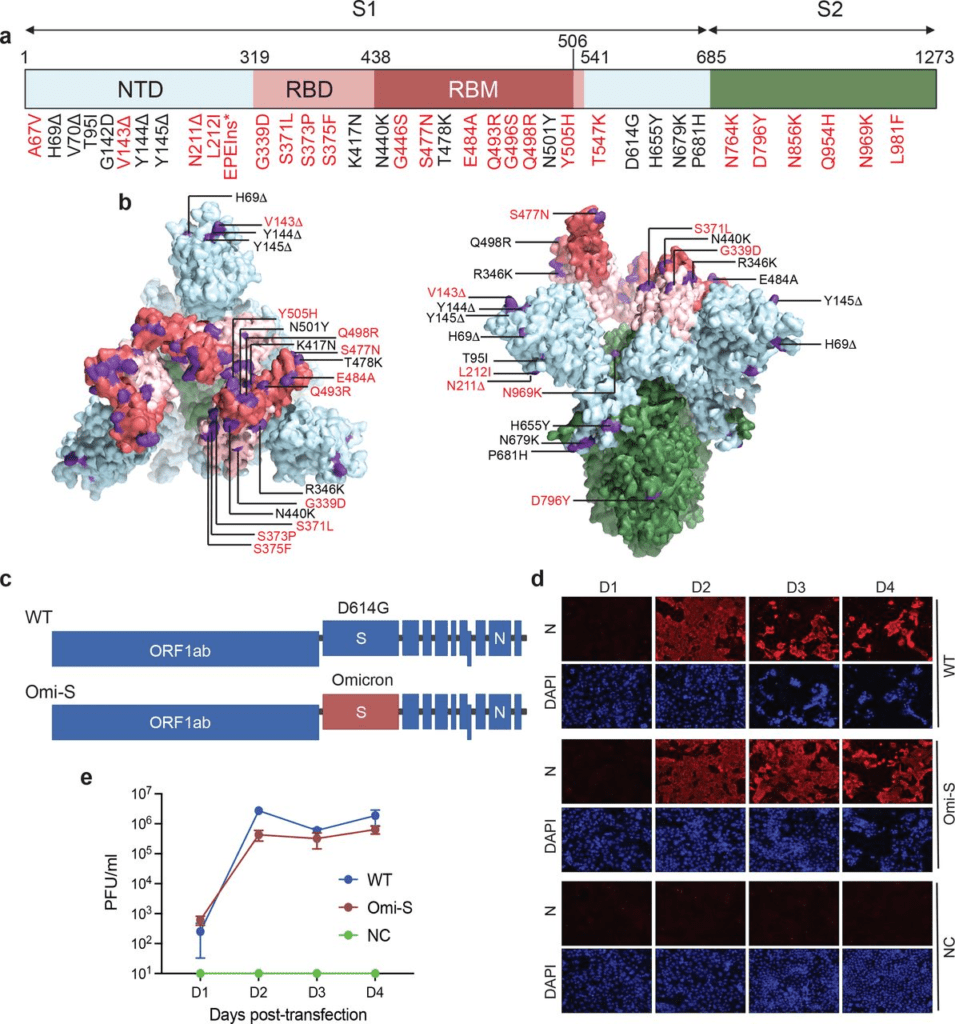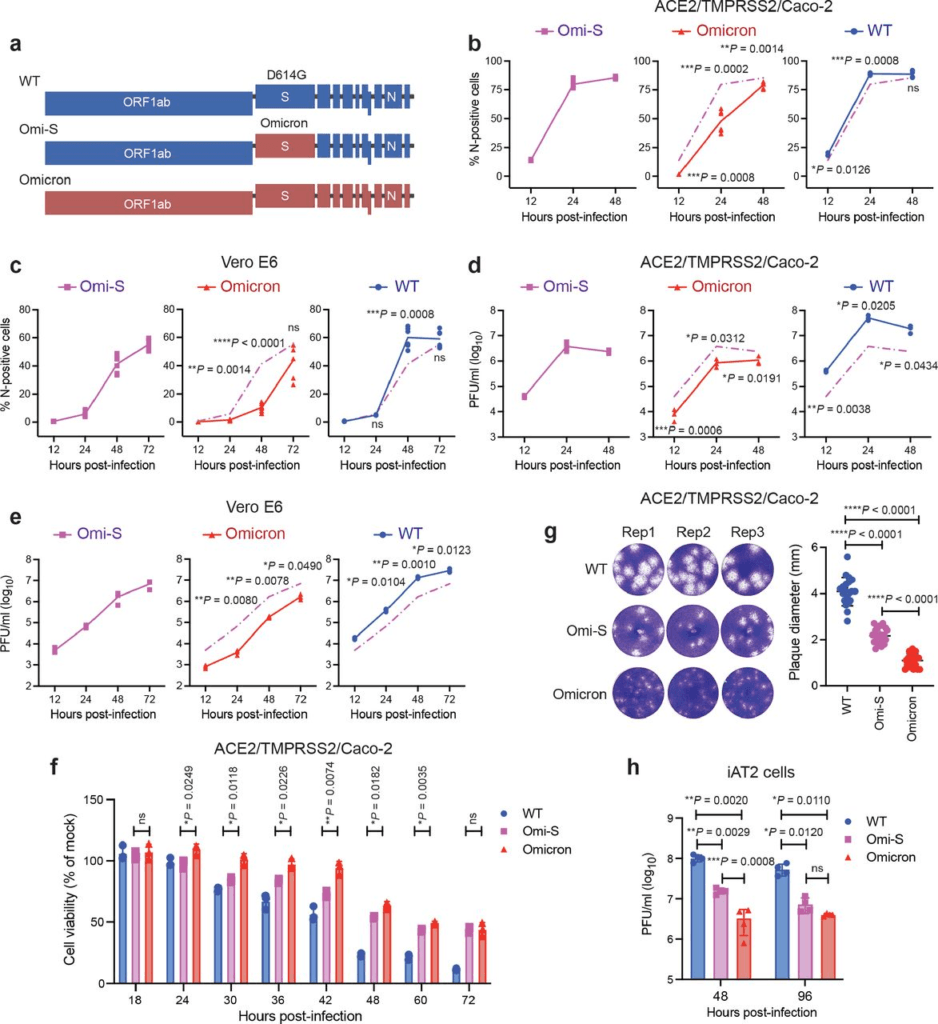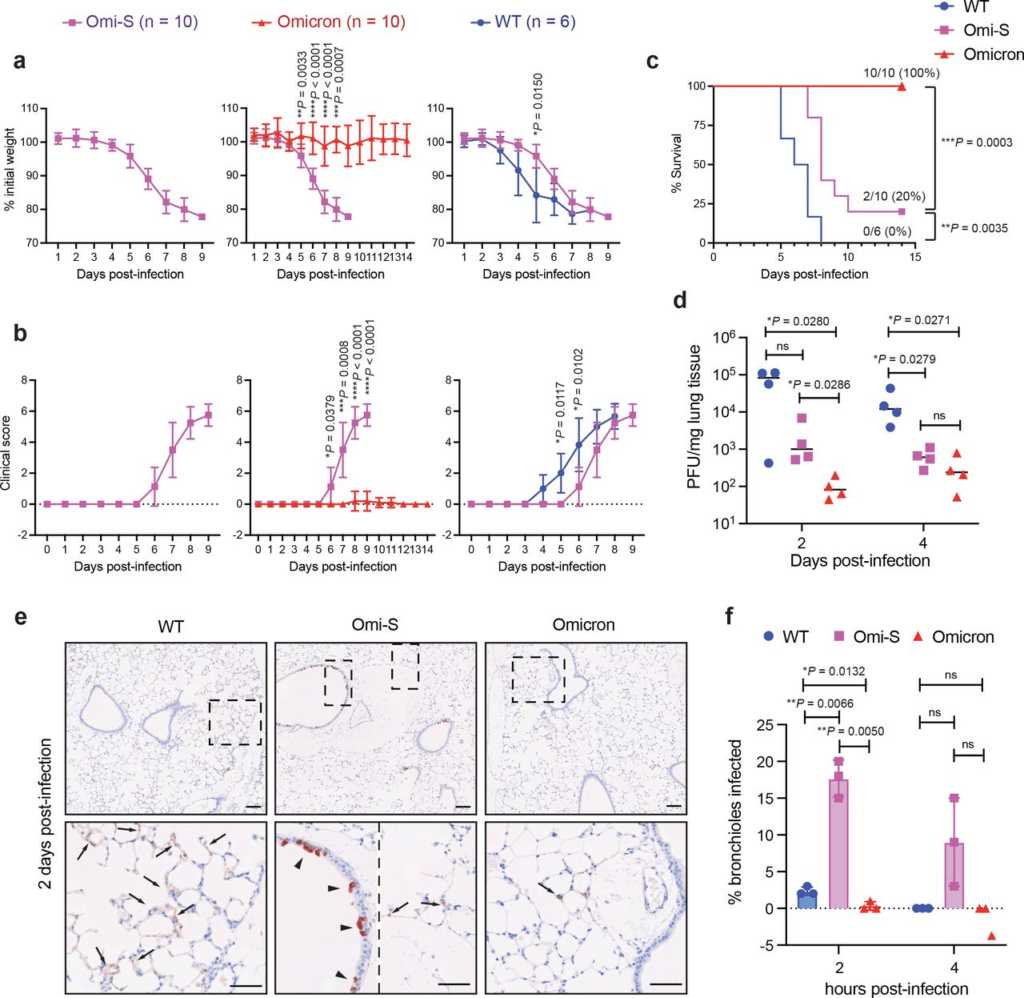
Boston University researchers have added a spike protein from the Omicron variant with the original Wuhan strain, which has an 80% kill rate.
Life is finally starting to have some semblance of normalcy for a majority of the world now that Covid isn’t seen as the biggest threat to humanity anymore. But that isn’t stopping researchers from performing gain of function testing. The same gain of function testing that Anthony Fauci is accused of doing at the lab where Covid was leaked.
Boston University researchers claim they have developed a new Covid strain that has an 80% kill rate. The newest strain is a combination of the omicron variant and the original virus. The researchers stated that 80% of the mice infected with this new strain succumbed to the virus while those exposed to only Omicron experienced mild symptoms.

If you’re thinking, but why? You’re not alone.
The researchers extracted spike protein from the omicron variant and attached it to the first strain of Covid.
“In…mice, while Omicron causes mild, non-fatal infection, the Omicron S-carrying virus inflicts severe disease with a mortality rate of 80 percent,” they wrote in a research paper.



In a statement, the university stressed that the replicated strain was less dangerous than the original strain, claiming it is not gain-of-function research.
“First, this research is not gain-of-function research, meaning it did not amplify the Washington state SARS-COV-2 virus strain or make it more dangerous. In fact, this research made the virus replicate less dangerous,” the statement read. “Secondly, the research was reviewed and approved by the Institutional Biosafety Committee (IBC), which consists of scientists as well as local community members. The Boston Public Health Commission also approved the research. Furthermore, this research mirrors and reinforces the findings of other, similar research performed by other organizations, including the FDA. Ultimately, this research will provide a public benefit by leading to better, targeted therapeutic interventions to help fight against future pandemics.”
What is gain-of-function?
Gain-of-function (GOF) research involves experimentation that aims or is expected to (and/or, perhaps, actually does) increase the transmissibility and/or virulence of pathogens.
Combining the Covid strains that increased the virulence seems to be gain-of-function. They combined the first strain which resulted in the most significant deaths with the strain that was the most contagious.
They released a statement on Tuesday defending the research into a deadlier strain of Covid.
Boston University’s statement on following National Institute of Allergy and Infectious Diseases (NIAID) guidelines:
“We fulfilled all required regulatory obligations and protocols. Following NIAID’s guidelines and protocols, we did not have an obligation to disclose this research for two reasons. The experiments reported in this manuscript were carried out with funds from Boston University. NIAID funding was acknowledged because it was used to help develop the tools and platforms that were used in this research; they did not fund this res earch directly. NIH funding was also acknowledged for a shared instrumentation grant that helped support the pathology studies. We believe that funding streams for tools do not require an obligation to report. Secondly, there was no gain of function with this research. If at any point there was evidence that the research was gaining function, under both NIAID and our own protocols we would immediately stop and report. All research at Boston University, whether funded by NIAID or not, follows this same protocol. We are in continued conversation with NIAID leadership and program officers.”
However, Emily Erbelding, director of NIAID, told Stat News that the grant application Boston University submitted did not specify that researchers wanted to perform this work and the group did not say it was performing experiments to possibly enhance a COVID-19 variant.
“I think we’re going to have conversations over upcoming days,” Erbelding told STAT in an interview. Asked if the research team should have informed NIAID of its intention to do the work, Erbelding said: “We wish that they would have, yes.”
One of the biggest concerns is the newest strain they foolishly created escaping the lab and causing another global pandemic.
“We take our safety and security of how we handle pathogens seriously, and the virus does not leave the laboratory in which it’s being studied,” he said. “Our whole goal is for the public’s health. And this study was part of that, finding what part of the virus is responsible for causing severe disease. If we can understand that, we can then develop the tools that we need to develop better therapeutics.”
“The issue is what you’re going to be using [the labs] for. If they’re for diagnostic purposes, then you need them. But I don’t think every country needs a BSL-4,” Dr. Paul Hunter, an expert in infectious diseases at England’s University of East Anglia, said, referring to the top level of biosecurity used in laboratories.
“If they start having a dual purpose for research that has offensive military implications, that is the concern,” he said.
